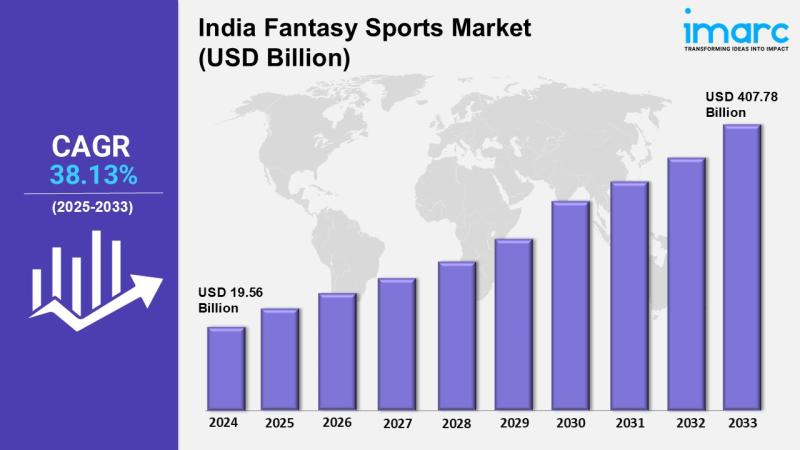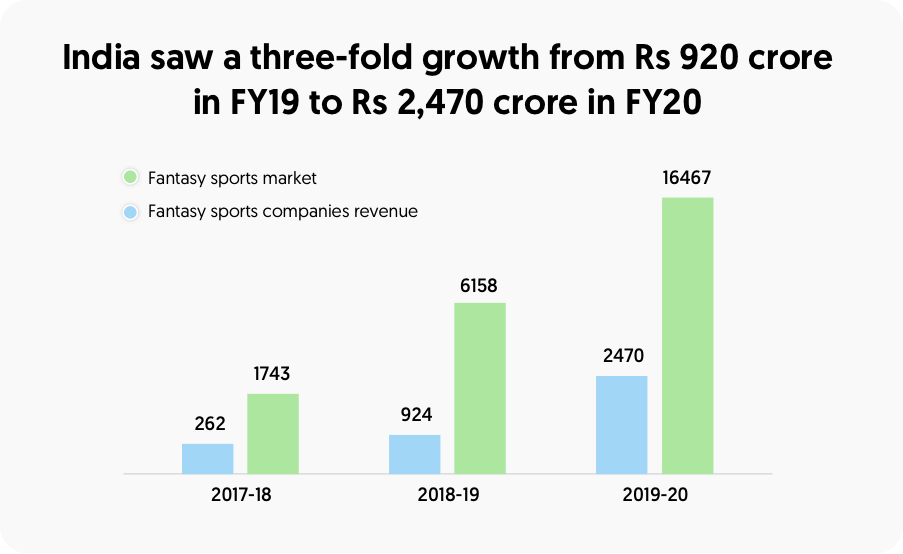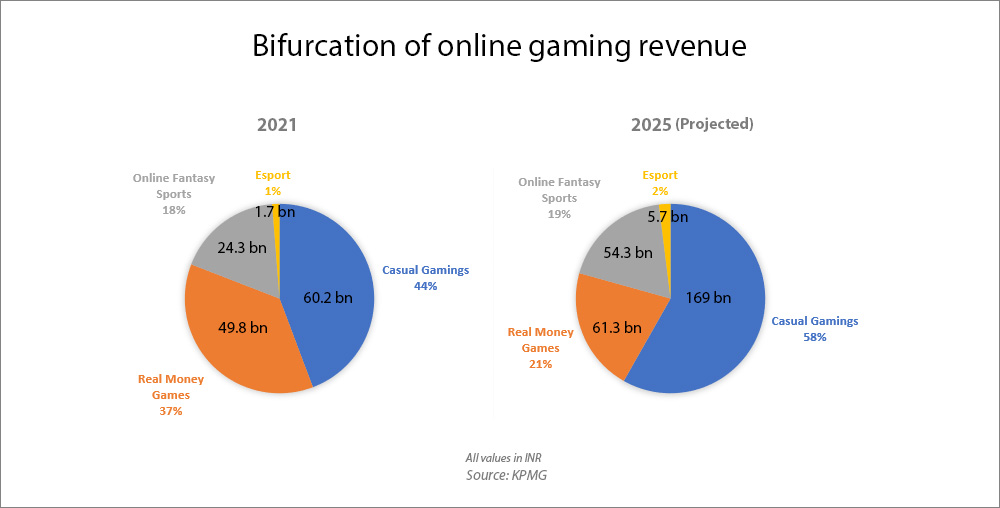
Online Gaming Ban Bill: The Online Gaming Ban Bill, 2025 is set to bring one of the most dramatic shifts in India’s digital economy. This proposed legislation introduces a blanket ban on real-money online games, including fantasy sports, poker, rummy, and casino-style apps. The government argues that this is about protecting citizens—especially young people—from addiction, fraud, and mounting debts. But this isn’t just a small policy tweak. It’s a sweeping reform with massive consequences. The bill brings harsh penalties of up to three years in prison and fines up to ₹1 crore (around $120,000). It also hands law enforcement agencies extraordinary powers, including the ability to search and arrest without warrants—even in digital spaces.
Online Gaming Ban Bill
The Online Gaming Ban Bill, 2025 is a turning point for India’s digital economy. It seeks to curb gambling addiction, protect young players, and restore public trust. But the cost is heavy: billions in lost revenue, massive job cuts, and a major hit to advertising. India has chosen a hardline approach. Whether this saves lives or stifles innovation will only become clear with time. But for now, one thing is certain—the era of real-money gaming in India is over.
| Aspect | Details |
|---|---|
| Bill Name | Promotion and Regulation of Online Gaming Bill, 2025 |
| Scope | Blanket ban on all real-money online games (skill-based or chance-based). E-sports and casual gaming excluded. |
| Penalties | Up to 3 years imprisonment + ₹1 crore fine |
| Financial Controls | Banks & payment platforms barred from processing gaming transactions |
| Economic Impact | $3.6–3.7B industry may collapse; ₹20,000 crore annual tax loss expected |
| Ad Market Impact | Over ₹10,000 crore in ad revenue at risk |
| Who’s Affected | Big players like Dream11, MPL, and casino betting platforms |
| Official Source | Ministry of Electronics & IT |
Why the Online Gaming Ban Bill Matters?
India’s online gaming industry was not just a pastime—it was one of the fastest-growing digital sectors. Valued at around $3.6 billion, it was projected to almost triple to $9 billion by 2029. Fantasy sports companies like Dream11 and MPL became household names, spending big on cricket sponsorships, running flashy ads, and creating new job opportunities.
But beneath this growth lay troubling patterns. Reports of gambling addiction, financial fraud, and even suicides tied to online gaming began to rise. The government argues that the social costs of addiction outweigh the financial gains from the industry. By targeting both operators and advertisers, the bill seeks to close every possible loophole.
What Exactly Gets Banned?
Under the bill, the following activities are prohibited:
- Online fantasy sports platforms such as Dream11, My11Circle, and FanFight
- Casino-style games including poker, rummy, blackjack, slots, and roulette
- Sports betting platforms covering cricket, horse racing, or football
- Any form of advertising or endorsement for real-money gaming platforms
Still Legal:
- Casual/social gaming (e.g., Candy Crush, PUBG Mobile, Clash of Clans)
- Professional e-sports tournaments where no betting or wagering is involved
This distinction makes clear that the ban is not about “gaming” in general—it is specifically about real-money gaming and betting.

The Heavy Hand of Enforcement
Unlike previous state-level bans, the national bill includes strict, centralized enforcement mechanisms:
- Warrantless searches: Authorities can search servers, digital platforms, or even personal devices without prior court approval.
- Immediate shutdown powers: Apps, websites, and advertising content can be blocked instantly.
- Financial restrictions: Banks and payment providers are forbidden from processing deposits or withdrawals tied to real-money gaming.
This makes India one of the strictest jurisdictions in the world for online gambling.
Historical Background: India’s Long Battle with Online Gaming
This bill did not appear overnight. Several Indian states had already experimented with bans on online gambling:
- Tamil Nadu banned online rummy and poker in 2020 after multiple youth suicides. The ban was later struck down by the courts.
- Telangana outlawed online rummy and poker in 2017, citing concerns of addiction.
- Kerala attempted restrictions but faced legal challenges.
Each time, companies argued that skill-based games like rummy and fantasy sports were not gambling but “games of skill.” The courts often agreed. The new national bill sidesteps this debate by banning all money-based games, whether skill or chance.
The Fallout: Who Loses, Who Wins
Tax Revenue
The online gaming sector contributed an estimated ₹20,000 crore annually in taxes through GST and corporate income. This sudden ban risks wiping out that revenue stream, creating a fiscal gap for the government.
Jobs and Employment
Thousands of coders, designers, marketers, and customer service workers are tied to the real-money gaming sector. Layoffs are already being predicted if the bill passes.
Advertising Industry
Fantasy sports and betting ads made up a huge share of sponsorships in cricket and digital marketing. The industry was worth ₹10,000 crore annually. For context, during IPL matches, fantasy sports ads were as common as soda or smartphone commercials. Their absence will reshape how sports and entertainment are funded.
Offshore Risks
Analysts warn that banning domestic apps will not stop demand. Players may migrate to offshore platforms that operate outside Indian jurisdiction. These apps won’t pay taxes, won’t follow Indian consumer safety rules, and could expose users to fraud.

Real-Life Cases That Influenced the Ban
Several tragic and high-profile cases created momentum for stricter regulation:
- In Tamil Nadu, a 23-year-old man took his own life after losing over ₹5 lakh on online rummy.
- In Andhra Pradesh, police busted a multi-crore gambling ring linked to illegal betting apps.
- Parents across states reported children using family credit cards or UPI accounts to spend thousands of rupees on betting apps.
These cases gave policymakers the justification to pursue a national ban.
Global Perspective: How Other Countries Handle Online Gaming
India is not alone in grappling with this issue. Around the world, governments have taken different approaches:
- United States: Regulation varies by state. Nevada and New Jersey allow online poker and betting, while Utah bans all forms of gambling.
- United Kingdom: Online gambling is legal but heavily regulated. Ads must include responsible gaming disclaimers, and players undergo strict identity verification.
- China: Gaming restrictions focus on children, with strict time limits and bans on certain types of online play.
- Australia: Gambling is legal but players can opt into “self-exclusion” registers that block them from all platforms.
Compared to these models, India has opted for a zero-tolerance ban, eliminating legal real-money gaming altogether.
Expert Opinions
Economic analysts and industry insiders are split on the issue:
“This bill protects vulnerable youth from debt and exploitation. The industry was spiraling out of control.” — Public policy advisor, New Delhi
“Instead of a complete ban, India could have introduced licensing like the U.K. That would generate revenue while protecting consumers.” — Gaming industry spokesperson
The debate highlights the tension between social protection and economic opportunity.

Practical Guide: What Should You Do?
For Gamers
Stick to casual and e-sports gaming. Avoid offshore apps, as they are both risky and potentially illegal.
For Investors
Consider shifting your portfolio toward companies in casual gaming, Web3 gaming, or blockchain-based entertainment, which may escape regulatory pressure.
For Advertisers
Prepare to redirect ad spending. Likely replacement sectors include fintech, edtech, and e-commerce.
For Parents
Use this moment to discuss online responsibility with your children. Encourage them to explore safe hobbies like coding, professional e-sports, or creative apps.
The Future: What Happens Next?
While the short-term impact looks harsh, there are opportunities in the long run:
- Esports Expansion: Without betting distractions, esports could evolve into a professional industry with more legitimacy.
- Web3 and Blockchain Gaming: Developers may pivot to play-to-earn models or NFT-based ecosystems.
- Regulatory Evolution: Pressure from industry groups may eventually push the government to replace the blanket ban with a licensing system, similar to the U.K.
The big question is whether India will double down on prohibition or eventually find a middle path.
Massive GST Scam In Nepal Exports – Tiles And Auto Parts Dealers Under Fire
GST Council Considers Amnesty That Could Save Small Businesses Lakhs in Penalties
Caught Profiteering! Subway Franchise Penalized ₹5.45 Lakh for Withholding GST Rate Cut Benefits










